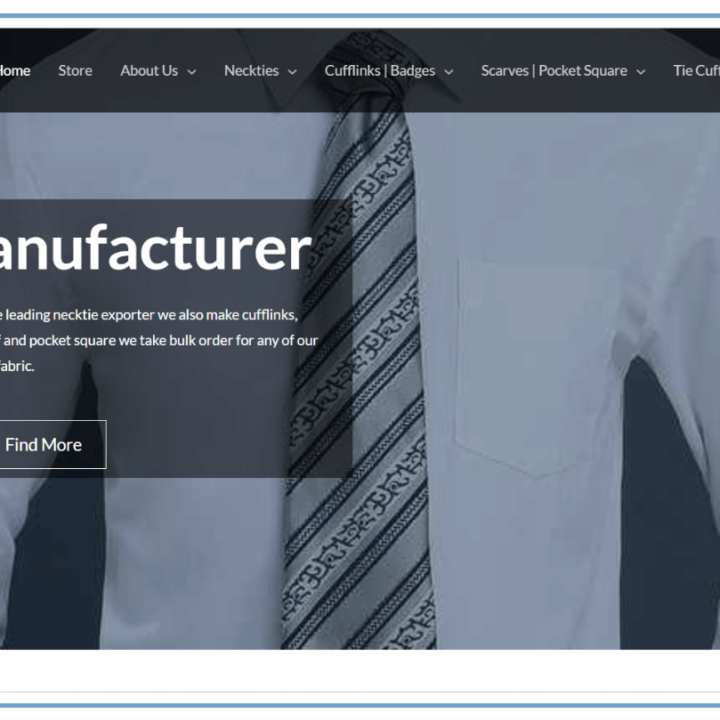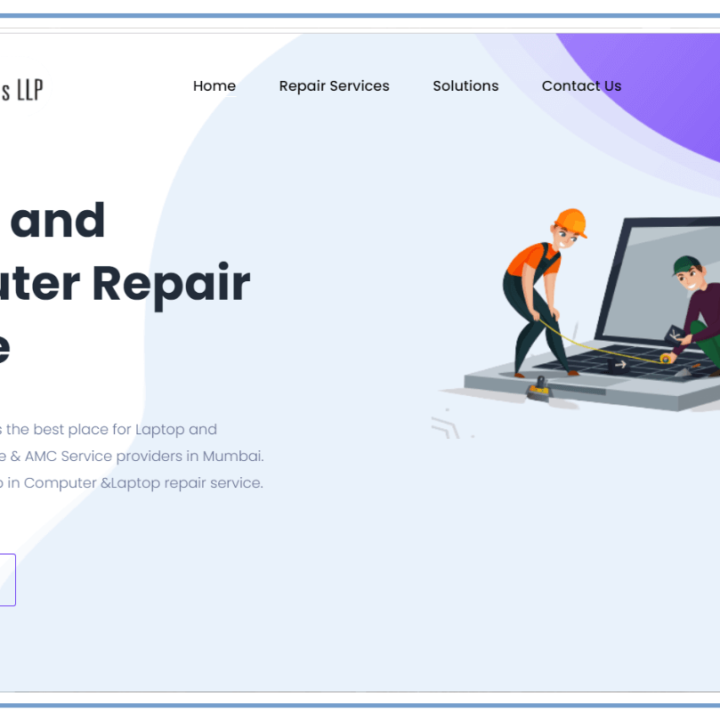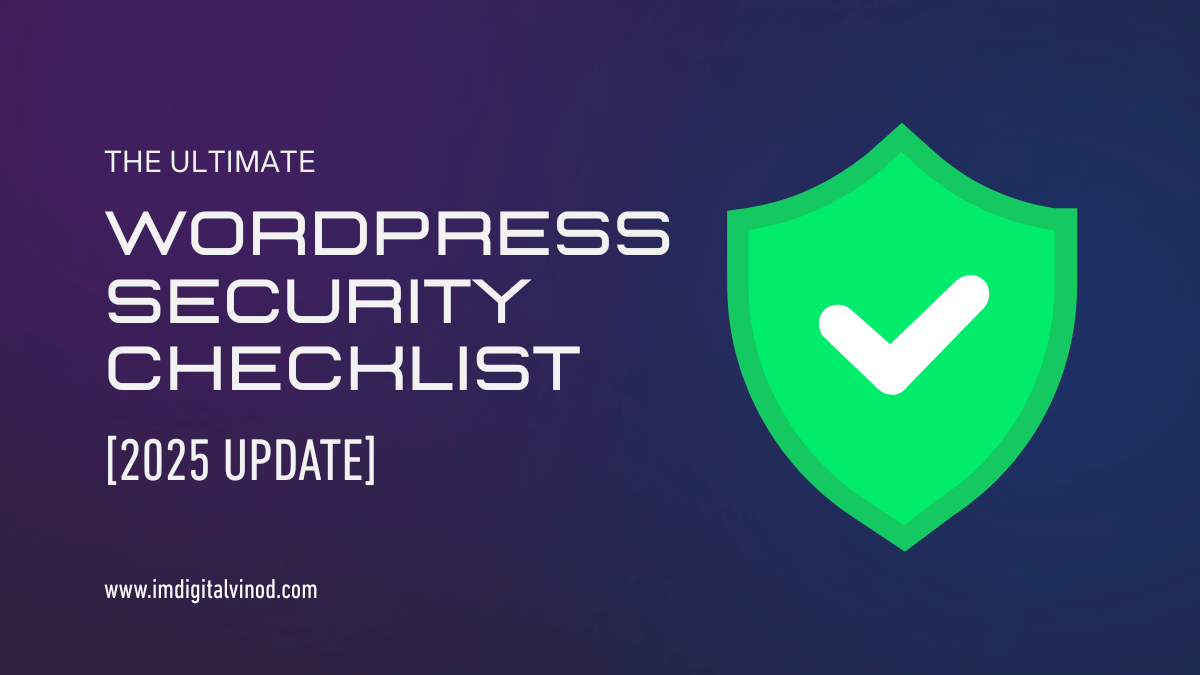The Ultimate WordPress Security Checklist [2025 Update]
WordPress Security Checklist 2025:
In 2025, website security is more critical than ever. WordPress powers over 43% of the web, making it a big target for hackers and malware. If you’re not taking security seriously, your website could be at risk of data breaches, defacement, or even complete loss of access.
Whether you’re a beginner or an experienced developer, this Ultimate WordPress Security Checklist will guide you through essential steps to secure your site in 2025.
🔐 1. Keep WordPress Core Updated
Always update to the latest version of WordPress. Updates often include security patches that protect your site from newly discovered vulnerabilities.
- Enable automatic updates
- Regularly check for core, plugin, and theme updates
🔑 2. Use Strong Admin Credentials
Weak usernames and passwords are the easiest entry point for hackers.
- Avoid using “admin” as username
- Use a strong password with numbers, symbols, and upper/lowercase letters
- Change passwords every 3-6 months
🧱 3. Install a Trusted Security Plugin
Security plugins monitor your site, scan for malware, and block suspicious activity.
Recommended plugins:
- Wordfence
- Sucuri Security
- iThemes Security
📱 4. Enable Two-Factor Authentication (2FA)
2FA adds an extra layer of protection.
- Use apps like Google Authenticator or Authy
- Apply 2FA for all admin and editor users
📥 5. Limit Login Attempts
Prevent brute force attacks by limiting failed login attempts.
- Set a login attempt limit (e.g., 3)
- Block IPs that repeatedly fail to log in
🔒 6. Use SSL (HTTPS) Encryption
SSL encrypts the data exchanged between your site and visitors.
- Get a free SSL from Let’s Encrypt or use your host’s SSL
- Redirect HTTP to HTTPS for all traffic
👥 7. Manage User Roles Carefully
Not every user needs admin access.
- Assign the lowest role necessary
- Regularly review and remove inactive users
🧹 8. Remove Unused Themes & Plugins
Inactive themes and plugins are common entry points for malware.
- Delete all unused plugins and themes
- Only install plugins from trusted sources
📂 9. Backup Your Website Regularly
If your site is hacked, backups can be a lifesaver.
- Use plugins like UpdraftPlus or BlogVault
- Store backups off-site (e.g., Dropbox, Google Drive)
🔧 10. Set Correct File Permissions
Incorrect file permissions can leave your website open to attacks.
- wp-config.php: 400 or 440
- Folders: 755 | Files: 644
- Never allow 777 permissions
🧠 11. Disable XML-RPC
XML-RPC can be exploited for brute force and DDoS attacks.
- Disable it using a plugin or
.htaccessrules - Or use the “Disable XML-RPC” plugin
📊 12. Monitor Activity Logs
Track what happens on your website in real-time.
- Use plugins like WP Activity Log
- Get alerts for any suspicious changes
🛡 13. Use a Web Application Firewall (WAF)
A WAF blocks malicious traffic before it even reaches your site.
- Use WAFs like Cloudflare or Sucuri
- Combine with CDN for speed & security
🧪 14. Scan Your Site for Malware Regularly
Don’t wait until your site is hacked.
- Schedule automatic scans
- Use tools like VirusTotal, Wordfence Scanner, or Sucuri SiteCheck
📉 15. Disable Directory Browsing
If directory browsing is enabled, hackers can see your file structure.
- Add this line to your
.htaccessfile:
mathematicaCopyEditOptions -Indexes
🎯 Final Thoughts
Securing your WordPress website is not a one-time task. It’s a continuous process. By following this 2025 checklist, you’re already ahead of 90% of WordPress users.
👉 Don’t wait for a hack to start taking security seriously.
Implement these steps today and keep your website safe, secure, and professional.
WordPress Security Checklist 2025
💬 Let’s Discuss!
Which of these security measures have you already implemented?
Got any more tips to add to this list? Drop them in the comments below! 👇









